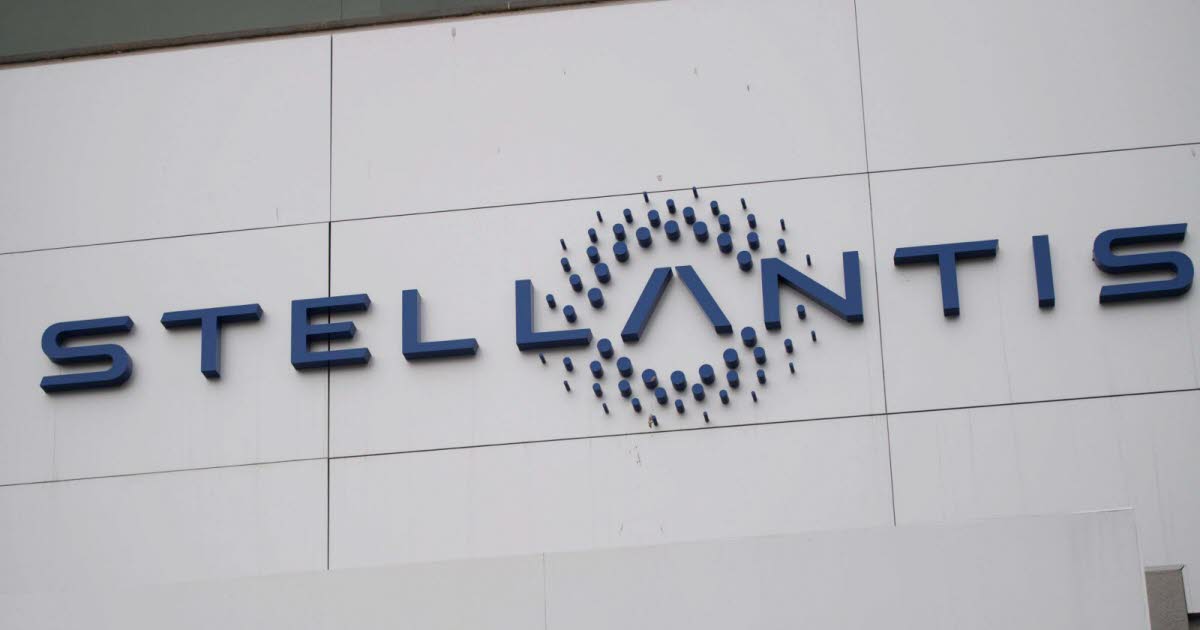‘Stratospheric’ pay and ‘obscene’ gaps: CAC 40 bosses earned on average 130 times more than the average salary at their companies in 2022, an Oxfam study published on Tuesday revealed.
“Produced wealth continues to grow” in the CAC 40 companies, “yet this redistribution of wealth is unfair,” the NGO complains in its report titled “Cash 40: too many millions for a few men”.
Telecommuting at the top of the pay gap
In 2022, CAC 40 executives earned an average of 130 times more than their employees, an increase of about 17% from 2019, the association shows. In 1979, these bosses “made an average of only 40 times the minimum wage,” he explains.
Some societies “exacerbate inequality” more than others. Teleperformance, the world leader in call centres, has “by far” the biggest pay gap, Oxfam says. Its CEO Daniel Julien would earn 1,453 times more than his company’s average salary in 2022, with 19.7 million euros.
Teleperformance confirms that the gap between managers and workers highlighted by Oxfam is “purely theoretical and not real”. The company, contacted directly by the NGO, points out that its CEO’s remuneration included “performance actions”, meaning that the “retained value” is not “what the recipients will receive”, depending on the achievement of targets and a possible drop in the share price”.
Carrefour and Stellantis on the podium
Close behind is Carrefour, whose CEO earned 426 times more, a gap that can be explained by “very low average wages”, according to Oxfam. “Alexandre Bompard earns in just 9 hours the equivalent of the average annual salary of Carrefour employees, even though we are in the middle of an agricultural crisis and still suffering the consequences of inflation,” summarizes Léa Guérin, responsible for advocacy in multinational companies. issues of regulation.
Carrefour also confirms that Oxfam’s calculations do not correspond to “any reality” as they relate Alexandre Bompard’s pay to that of 334,000 workers worldwide – including the majority in Brazil – despite “purchasing power gaps” between countries.
Stellantis boss Carlos Tavares appeared “up to” on the third step of the poor performance podium in 2022, his 22 million euros representing 341 times more than the carmaker’s average salary. An amount already considered “shocking and excessive” by Emmanuel Macron. In 2023, a spectacular increase in his remuneration – which this time could reach a total of 36.5 million euros – again caused controversy, although it was confirmed by 70% of the shareholders.
Average reward 6.66 million euros
According to the NGO, these differences can be explained by “excessive and unrelated remuneration of executives”: in 2022, these bosses earned an average of 6.66 million euros, 27% more than three years earlier. Employees saw their salaries increase by only 9%.
For Oxfam, it is the “toxic” relationship between shareholders and managers that allows these “stratospheric” rewards to be paid. The fixed portion of executive compensation averaged 27% in 2022, according to the NGO. The variable or share part – based primarily on financial and short-term criteria defined by shareholders – accounted for 69%, the remaining 4% corresponding to benefits in kind or in retirement.
A model based on “mutual and unlimited shareholder satisfaction”
“The governance of most CAC 40 companies works in such a way that shareholders decide on executive compensation. The model of large companies is therefore based primarily on mutual support and unlimited shareholder satisfaction at the expense of investment, employment and ecological transformation,” condemns Oxfam.
Oxfam also notes “strong pay inequalities between women and men running CAC 40 companies”. In 2022, CAC 40 male CEOs (of which there were 38) earned 2.4 times more than CAC 40 female CEOs (of which there were only two). In total, seven of the ten CAC 40 companies had no more than three women among their ten highest paid employees.
Cut the salaries of the big bosses
“Government and big companies are failing to share value fairly and equitably with their employees, but also with the planet,” says Oxfam, which says these exorbitant amounts are missing from investment in the energy transition.
The association is pushing for executive compensation to be conditional on a formulated climate strategy, for “decent” pay across the company and for it to be less tied to financial criteria.
In particular, it calls for the establishment of a maximum wage that would represent 20 times the median salary of the company. This is approximately the order of magnitude we found in 2022 with the average salary at Crédit Agricole (23) or Orange (29). An idea that is gaining ground among left-wing MPs, from socialists to rebels, who are considering legislative proposals.

